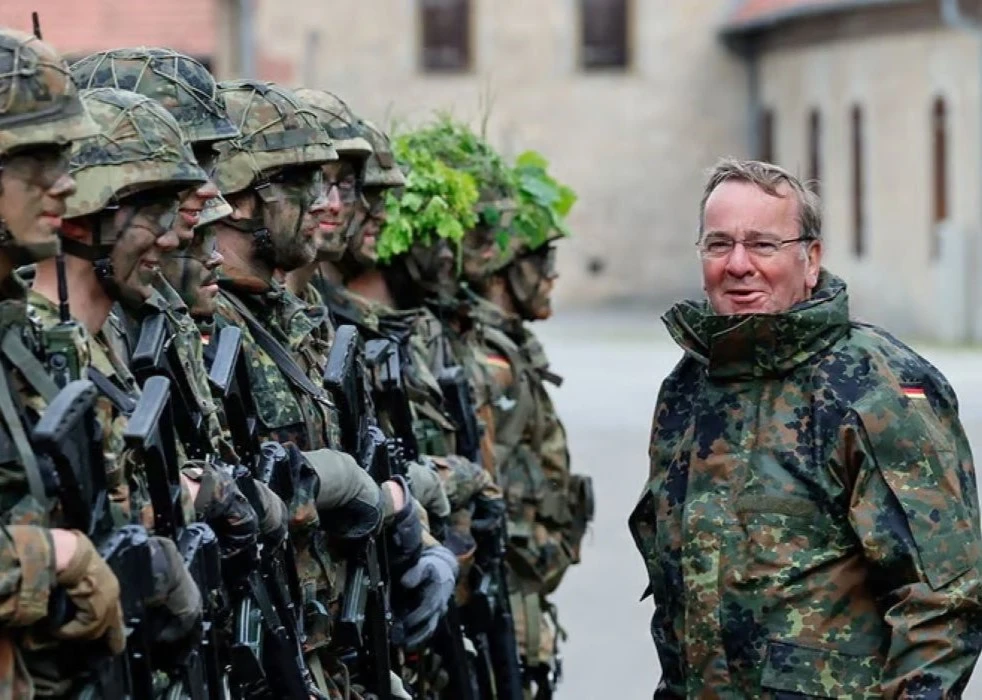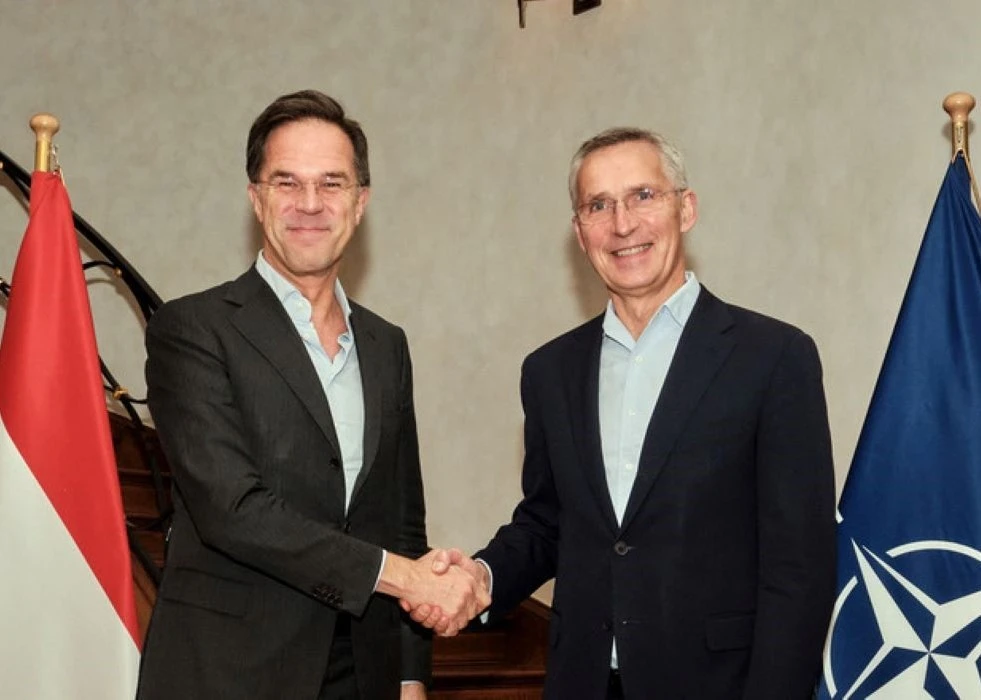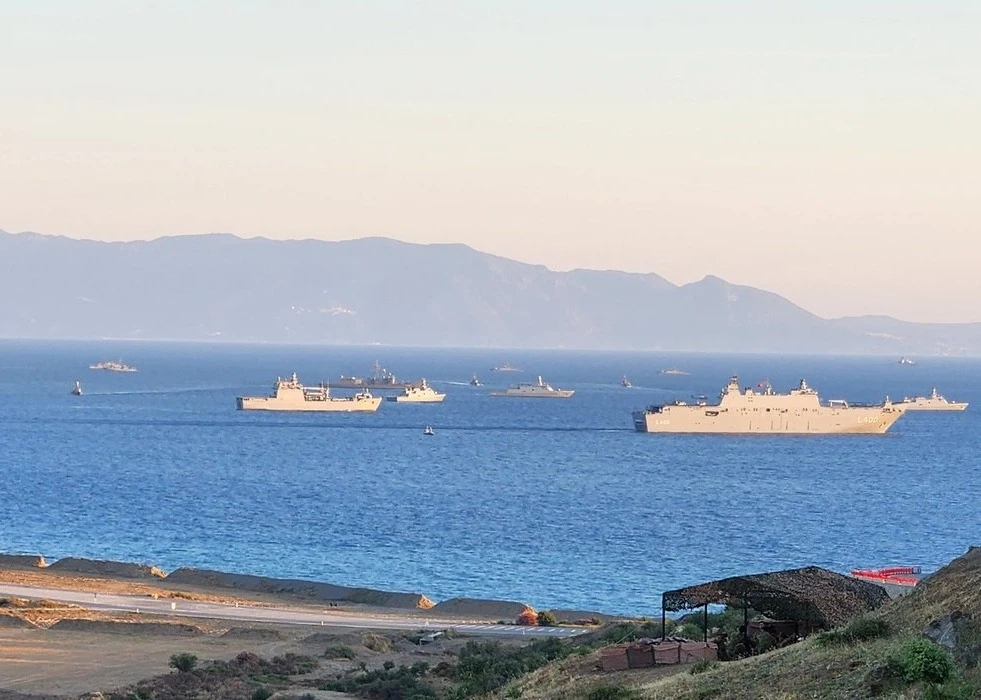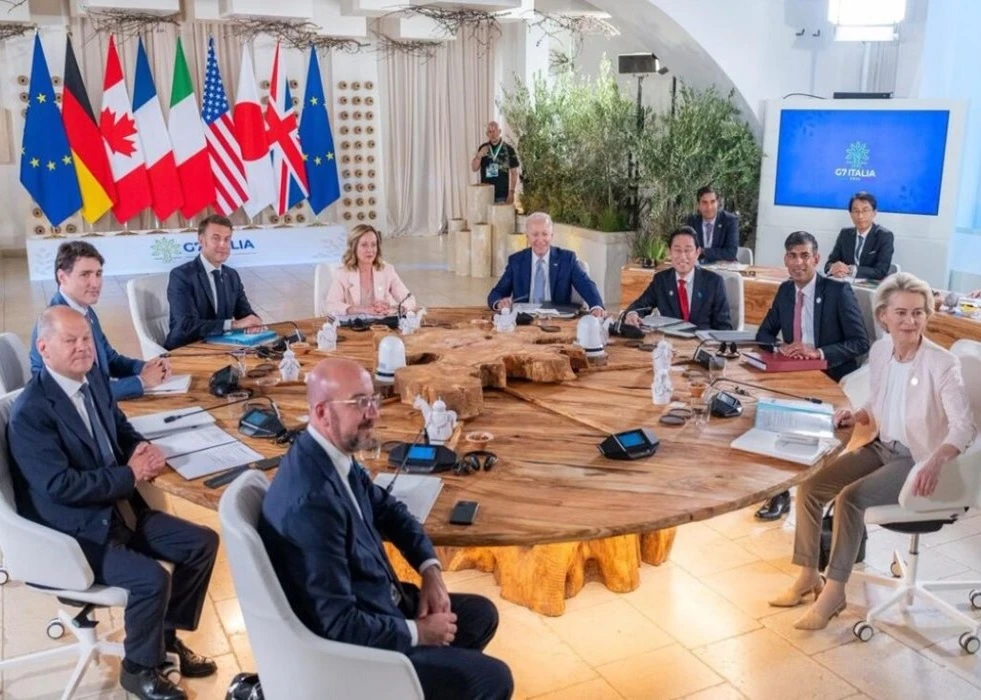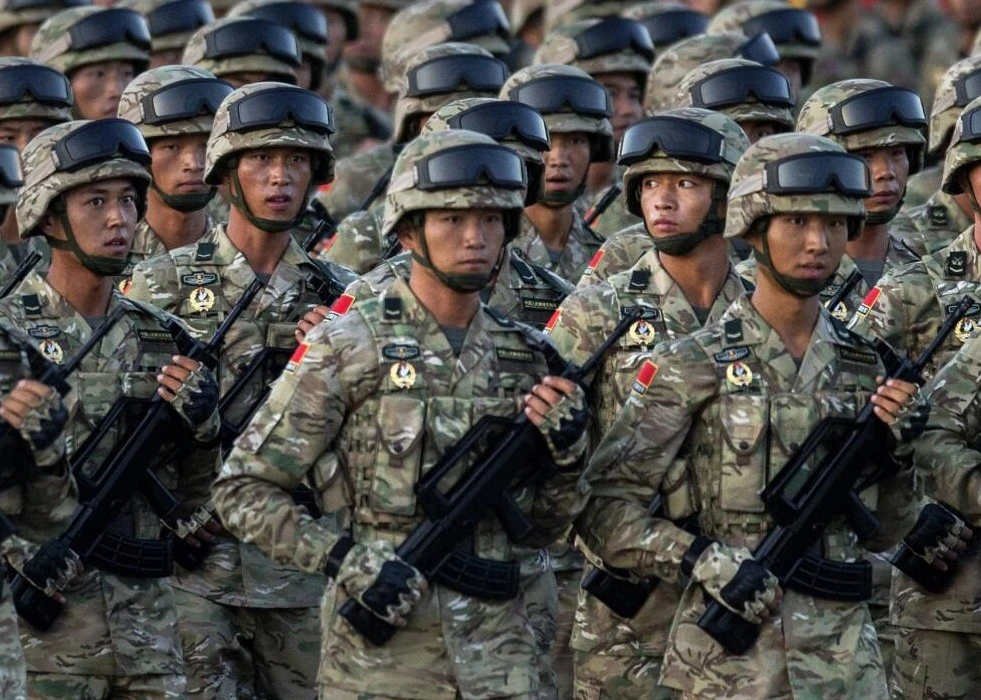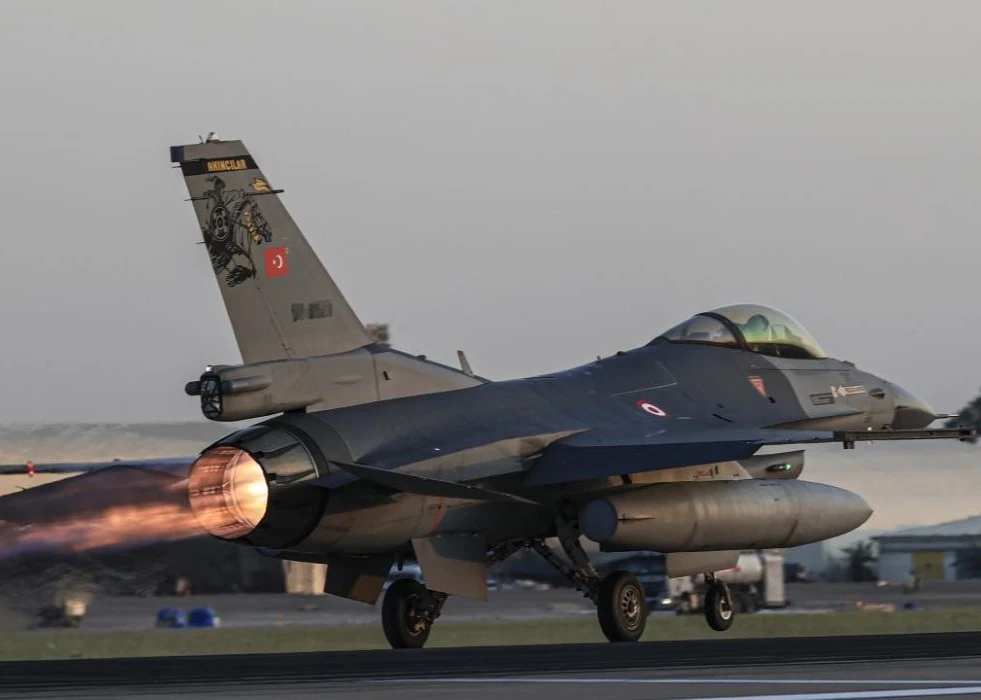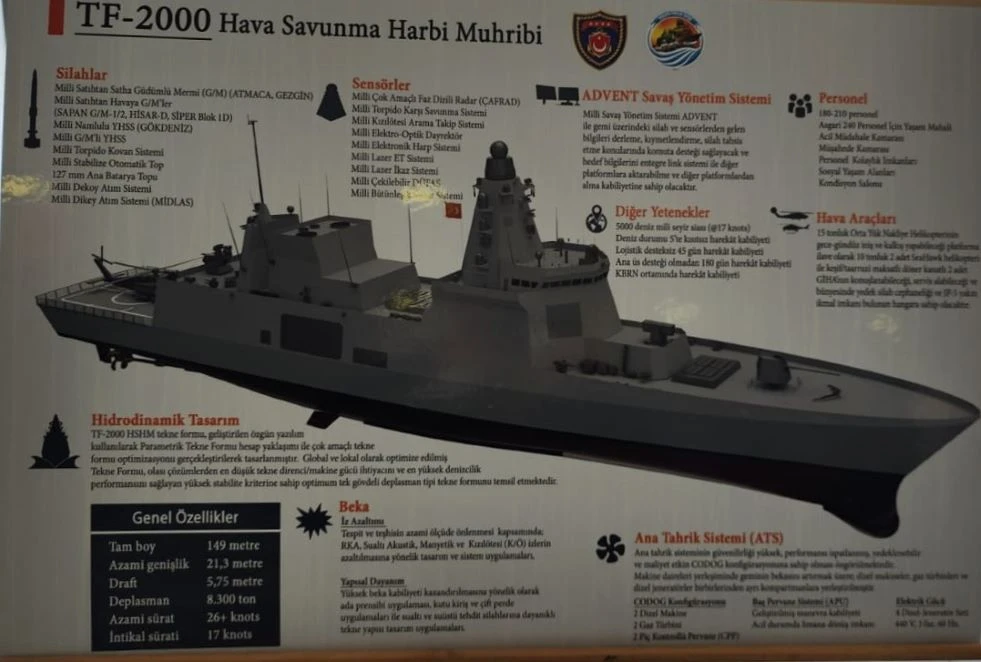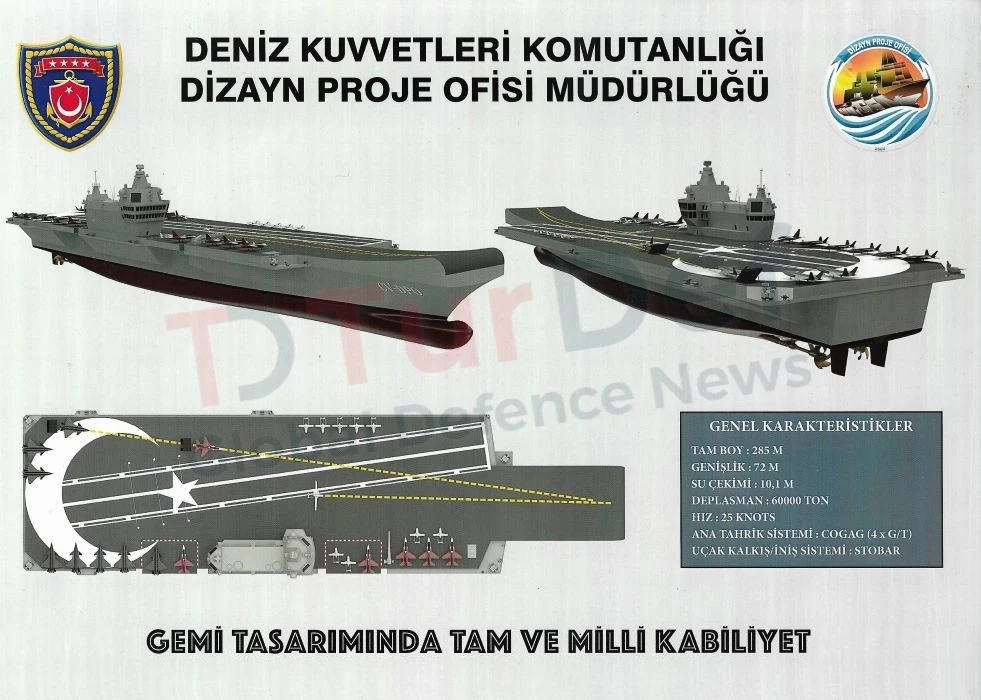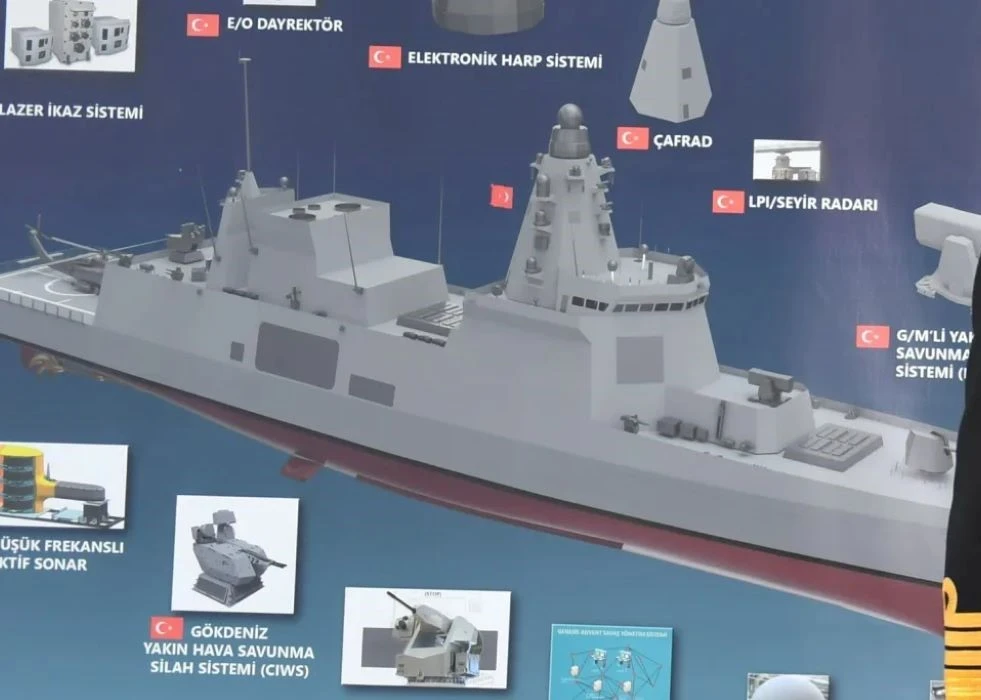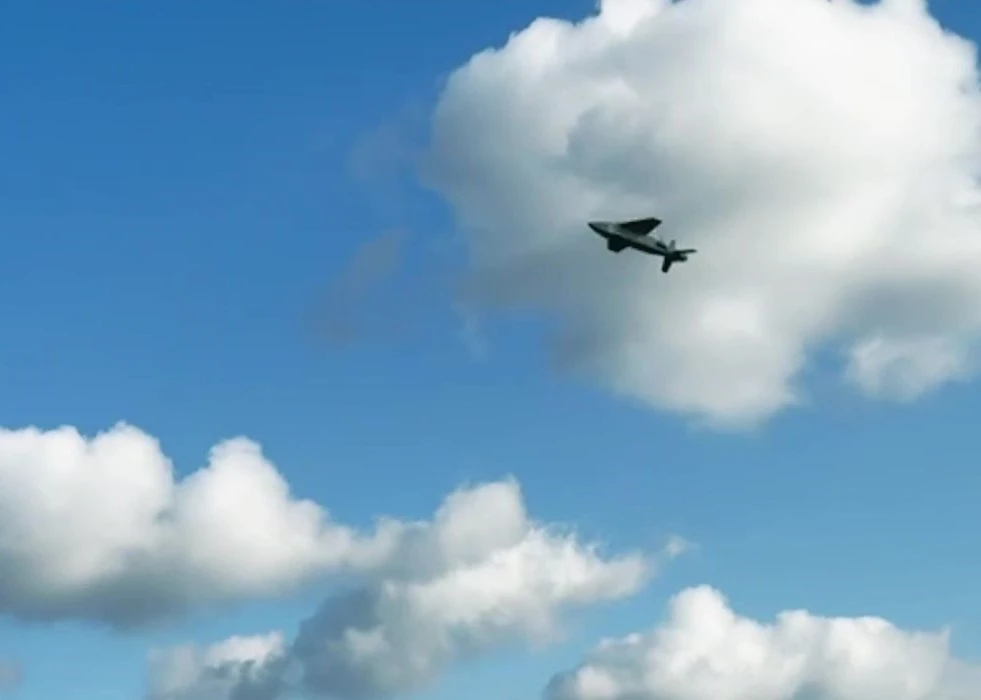German Defence Minister Boris Pistorius proposed a new military service plan based on volunteers in order to boost military power. The decision comes as an increasing number of European countries consider reintroducing some military or universal conscription in the aftermath of Russia's invasion. The defence minister's proposal is not independent of such planning. Chancellor Olaf Scholz proclaimed Germany's shift towards a more muscular foreign and defence policy, known as the "Zeitenwende" or "turn of the era," in the days following Russia's invasion of Ukraine in February 2022.
Approximately 13 years after Germany ceased mass conscription, Defence Minister Boris Pistorius announced on Wednesday a new approach. Upon turning 18, all men would be invited to complete a questionnaire to assess their suitability for and interest in military service. The questionnaire would be optional for women, emphasizing the voluntary nature of the new service. It would then pick approximately ten per cent of those for mustering before reducing them to the most suitable and motivated to perform the six-month basic service, with the option to extend it by up to 17 months. This new model intends to boost the number of young people enlisting in voluntary military duty to 15,000, a 5,000 increase in the first year, according to the ministry, with the number increasing annually.
The aim is to eventually recruit 200,000 more reservists, a significant increase that would enable Germany to rapidly augment its soldiers to about 460,000 in the event of a conflict. This plan, if successful, would nearly double Germany's current military capacity, which stands at 180,000 soldiers and 60,000 reservists.
Even so, Germany would have far fewer troops and reservists than the previous West Germany had during the Cold War.
The minister has pledged to transform Germany into a "war-ready" nation, warning that a conflict between the NATO Western Defence Alliance and Russia might occur in five to eight years.


